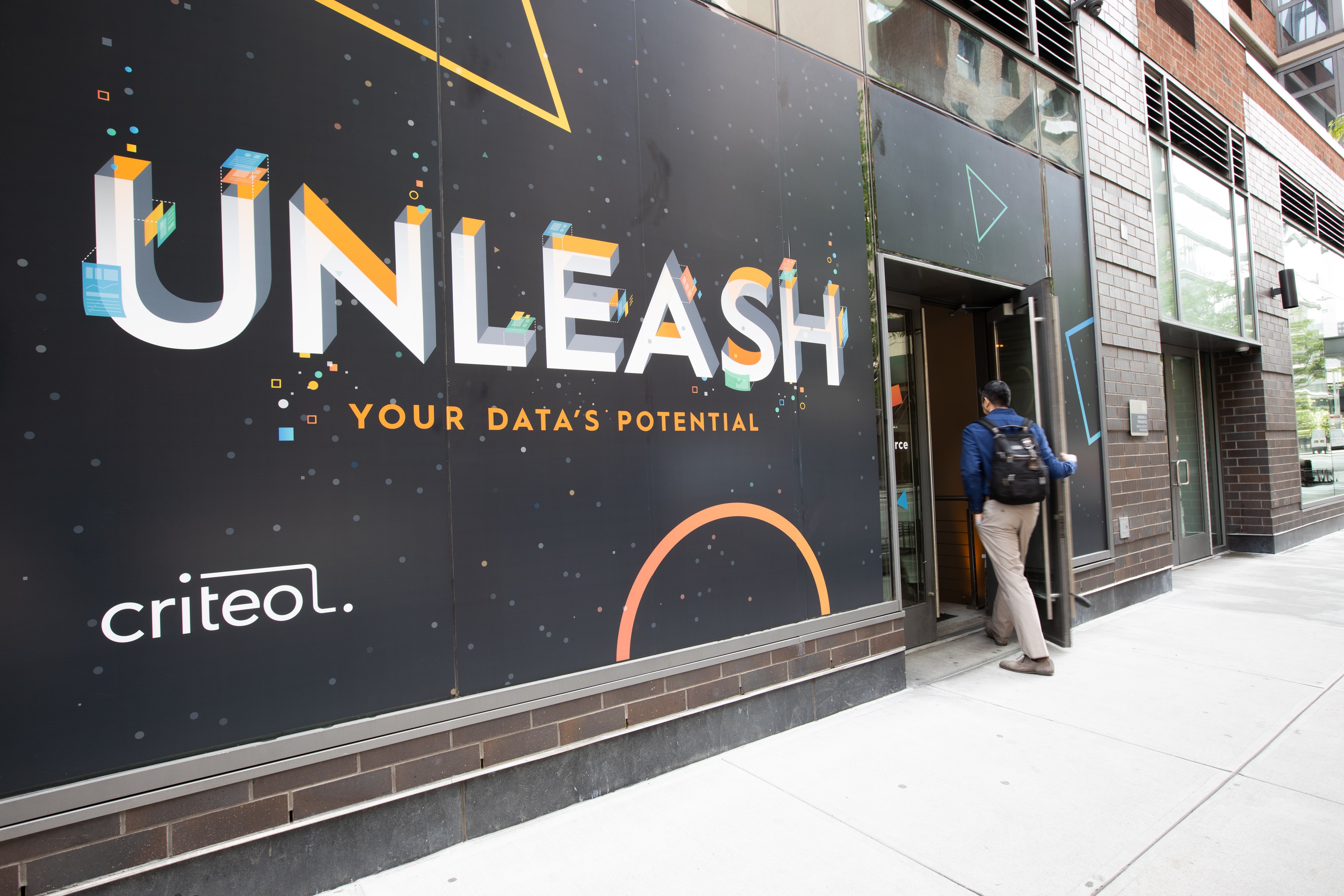Criteo has opened its third, newest data centre in Tokyo to enhance ad delivery and performance for its clients and partners in North Asia, including Japan and Korea. In the past ten years, the global technology company has expanded its global server pool from 150 to over 45,000 to meet the ad industry’s growing needs.
Megan Clarken, Chief Executive Officer of Criteo, said they are thrilled to launch their eighth global data centre and third one in Japan, the company’s largest market outside the US. Clarken described Japan as a critical market in APAC. “Its ad industry has been experiencing positive growth for the eighth consecutive year, as seen in Dentsu’s report on Advertising Expenditures in Japan, where total ad spend in Japan was about US$65.7 billion in 2019. Rapid increases have been noted for transactions of programmatic ads and Real-Time Bidding (RTB),” she said. “We continue to diversify our solutions and invest in upgrading our infrastructure and R&D to provide better service and performance to our clients. As a green-energy-based data centre, it demonstrates our commitment to being a socially responsible company, caring for our environment and society.”
Diarmuid Gill, Chief Technology Officer, said the company is conscious of its environmental footprint. “By using leading technology combined with sustainable practices, our powerful data centres worldwide can support up to 2.8 trillion bid requests per week, evaluate over 64 million campaigns per second and accumulate 700 TB data per day,” Gill said.
Criteo launched its data centre in Japan in March 2011 and the second in 2012 due to the business’s fast growth. The new data centre in Japan will enable advertisers to secure premium ad spaces immediately with more efficient and quicker access to publishers’ ad inventories. The data centre is unique as it was built to provide high performance with the latest technologies while being sustainable, running on less power and less carbon dioxide emission. About 84 per cent of Criteo’s data centres’ energy consumption is compensated by renewable energy production sources through Renewable Energy Certificates (REC). Moreover, the company has set a goal of using renewable energy to run its data centre at 100 per cent capacity in the near future.












































